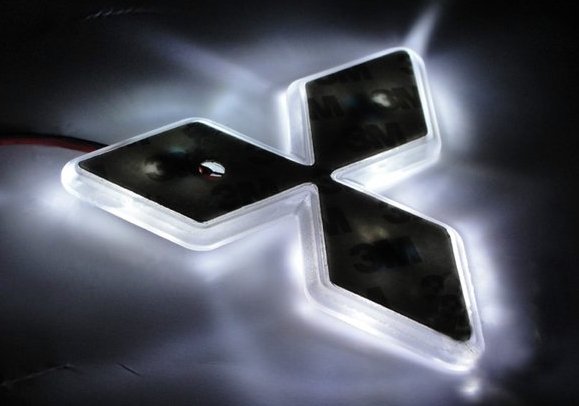Mitsubishi Fraud Weighs On Shareholders As Aid Contemplated

Mitsubishi Corp., which owns 10 percent of Mitsubishi Motors, is the first of the automaker’s major shareholders to measure the potential impact of improper fuel economy testing dating back 25 years. It also joined Mitsubishi Heavy Industries Ltd., the carmaker’s biggest stock owner, in saying it can’t comment at this point whether to extend aid to the carmaker.
“We cannot say anything particular about the support, as we do not know the whole picture,” President Takehiko Kakiuchi said at a briefing in Tokyo today. As a shareholder of Mitsubishi Motors, the fraud at the carmaker is “extremely regrettable,” he said.
Support from shareholders may be crucial to Mitsubishi Motors’ weathering a scandal that could result in the company having to compensate customers, Japan’s government and minicar partner Nissan Motor Co. On Monday, Mitsubishi Heavy said it wanted to wait for the results of an investigation into the fraud before deciding whether to extend aid. The heavy machinery maker hasn’t received any appeal for help from the automaker in which it owns 12.6 percent stake, President Shunichi Miyanaga told reporters in Tokyo on Monday, without elaborating.
“They are submitting a report and we don’t know how that will turn out yet,” Miyanaga said. “We also have to wait until the results of a third-party investigation.”
Mitsubishi Heavy and Mitsubishi Corp. are among the Mitsubishi Group companies that bailed out the maker of Lancer sedans and Montero SUVs more than 10 years ago after it was found to have covered up safety defects. Orders for its vehicles in Japan have plunged after the company first revealed it had overstated the fuel economy of its minicars by as much as 10 percent.
“I think it’s the right judgment at this stage,” Takeshi Miyao, an analyst with Tokyo-based market researcher Carnorama, said by phone. “Even if you want to rescue Mitsubishi Motors, it’s not good to make a decision before the facts are out. You may face criticism from the public.”
Shares of Mitsubishi Motors have tumbled about 44 percent since the announcement on April 20.
Japan’s transport ministry has given Mitsubishi Motors until May 11 to re-submit findings from its investigation of improper testing methods after saying an initial report was insufficient.
The government will also set up a task force to look into concrete measures to prevent irregularities in vehicle testing, Transport Minister Keiichi Ishii told reporters on April 26.
Mitsubishi Motors has established a third-party group to investigate the falsified fuel efficiency labeling that will take about three months, the company said last month. The committee consists of three lawyers, including a former member of the Tokyo High Prosecutors Office.
Carmakers are bracing for increased scrutiny of the way they label and advertise fuel efficiency and tailpipe pollutants after revelations in September that Volkswagen AG cheated on diesel emissions. Since then, government fraud investigators have raided French manufacturer PSA Group as part of broader checks into vehicle emissions, while Daimler AG said it initiated an internal probe into its certification process at the behest of the U.S. Department of Justice.
Mitsubishi Motors delayed its profit forecast for the current fiscal year, saying it’s assessing the future impact from testing irregularities involving an untold number of models since 1991. The automaker’s shareholders from the Mitsubishi group also includes Mitsubishi UFJ Financial Group Inc., which holds a 4.2 percent stake, according to data compiled by Bloomberg.
Mitsubishi bailout
Mitsubishi Heavy, which spun off the carmaker in 1970, bought 40 billion yen of preferred shares in Mitsubishi Motors in 2004, part of a 496 billion yen bailout of the company. The automaker recalled more than 200,000 faulty vehicles and said it covered up defects.
Mitsubishi Corp. injected 140 billion yen into the automaker from June 2004 through January 2006. The company also cooperates with Mitsubishi Motors to develop sales mostly outside of Japan and across related businesses, according to its statement.
Of the estimated exposure to the carmaker, 125 billion yen was related to the value of Mitsubishi’s shareholding in the carmaker, and about 210 billion yen was from investments in related businesses as of March 31, according to Mitsubishi Corp. The company hasn’t factored in the impact of the scandal in its current fiscal-year forecasts.
“I’d say the Mitsubishi Group -- I’m not sure whether it’s going to be Mitsubishi Heavy -- would rescue Mitsubishi Motors somehow in the end,” Carnorama’s Miyao said. “They don’t want the Mitsubishi name tainted and they have the means to do it.”
